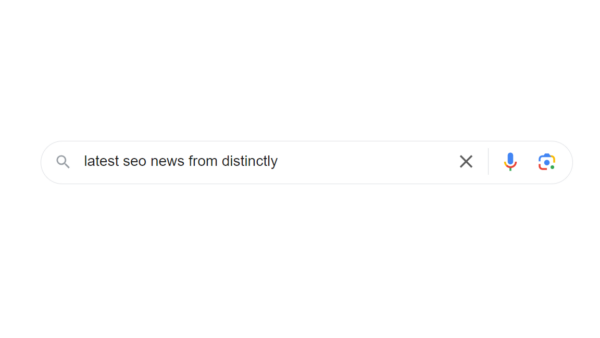What to do if a competitor bids on your brand name
Google Ads is a competitive place by its very nature. Over 90% of all clicks on the search engine go to organic listings, which leaves a much smaller pool of users for advertisers to fight over. Not only that, but of those who do click on ads, the majority go to the advert at the top of the results. So bid aggression and precision is absolutely essential for making the most of your monthly budget.
But what happens when this competitiveness spills over onto branded searches? That is to say, advertising to people searching for a specific website/company as opposed to a general product or service. Well, officially this isn’t against Google’s rules, so provided there’s no trademark infringement in the ad copy itself, you can bid on any business name or brand searches you want to (whether it’s a good idea is a whole other question we’ll circle back to).
So what can be done if a competitor starts bidding on your brand name…
1. Be clear on intent
The first thing is to identify whether it’s deliberate or not. Keyword matching on Google Ads can get it wrong, particularly if not managed correctly. If the brand was Bloom & Wild, it’s unlikely that other flower companies are bidding on their name by accident, because it’s quite specific terminology. By contrast, Prestige Flowers could easily have been matched from broad keywords such as ‘flowers delivered’. If it’s an accident, a simple phone call can often suffice to resolve the issue.
2. Bid for protection
If you’re not already, get bidding on your own brand name to protect it! Cost per clicks are usually very low on your own brand because of how relevant you are to it, and the cost will almost certainly be a lot lower than the potential loss suffered from not being present when a competitor is. You also have the added benefit of being able to push dynamic messages to customers such as current offers or webinars you are looking to fill.
3. Gather more data
Work out whether it’s actually an issue. It can be annoying for sure, but is it proving detrimental to the business? Using tools such as Auction Insights on Google Ads can show you how often a competitor is appearing for your name, and if you know roughly when it started you can keep an eye on your own brand campaign performance and impression share/top of search result percentages. If they’re only appearing for 1 in 10 searches and there’s been no discernible change in performance, it might not require any action at all
4. Fight fire with fire
Start bidding on the competitor’s name back. This is often Plan A for a lot of businesses when first confronted with the issue of competitor bidding, however it needs careful consideration, because it’s a pointless exercise if it’s not a profitable strategy for you. Cost per clicks can be very expensive on competitor terms, because you can’t ever be fully relevant to them in the copy. If you’re working with a low value B2C product, the chances are it will need a very high conversion rate to make it worthwhile, whereas a B2B deal worth thousands can be more than justification (and very likely the reason others have started to try and muscle in on your space)
5. Monitor the issue
Keep an eye out for changes in strategy. Due to the reasons highlighted above, it may only be a short term campaign before they realise it’s not worth it, at which point you can react accordingly
So a few options to consider if this happens to you, but the main thing is to avoid a knee jerk reaction, as they rarely go hand in hand with a profitable strategy. Understanding that competitor bidding is actually quite common on Google Ads for certain industries can help ease the feeling of your brand being attacked or targeted specifically, and knowing that there is quite a lot in your control when it comes to who appears first in the results for your own brand name can give you the tools necessary to avoid significant losses from it.



